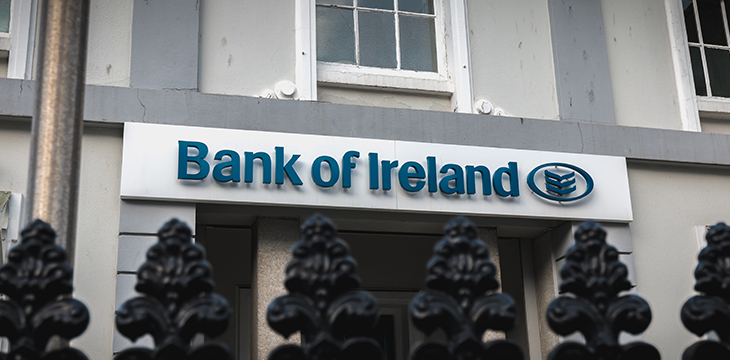|
Getting your Trinity Audio player ready...
|
At the beginning of the month, U.S. officials had developed their case against OneCoin and Mark Scott, accused of having defrauded investors and laundering hundreds of millions of dollars in the process. Expected to help reinforce the case would be testimony from four current or former executives with the Bank of Ireland (BOI), one of the institutions that Scott had used for his activity. Despite having initially agreed to support the criminal case, those executives have now backed out, leaving prosecutors to scramble in an effort to close any gaps in their evidence.
The head of the bank’s anti-money laundering team, Diane Sands, Derek Collins, Dierde Ceannt and Greg Begley were all set to testify next month, with Begley reportedly able to produce especially damaging evidence. However, what had started as a “willing” desire to testify then changed to only compulsory inclusion. On October 8, counsel for the bank told U.S. officials that Ceannt and Sands were not willing to participate in accordance with the United States-Ireland Mutual Legal Assistance Treaty (MLAT), as previously agreed, and the other two backed out the following day.
The four were to testify via closed circuit TV (CCTV) from Ireland, without having to step foot on U.S. soil. No reason was given for the withdrawal, but Scott had previously voiced his opinion over their participation, stating, “The (CCTV – Ed.) procedure to date has been used only to accommodate mobsters in witness protection and Al Qaeda operatives, not bankers from the European Union who for unspecified personal reasons would simply prefer to avoid the inconvenience of appearing.”
The move has forced the U.S. government to submit a new request under the MLAT in an effort to compel the four to testify. No response to that request has yet been provided.
Scott allegedly held several corporate accounts at the bank that he used to launder at least $300 million in proceeds from the failed OneCoin project. He is said to have registered a number of private equity funds in the British Virgin Islands that held bank accounts in the Cayman Islands, and then used those accounts to carry out his nefarious plans in conjunction with the BOI accounts. Without the testimony from the four bank employees and, in particular, Begley’s relationship with Scott, the case may fall apart.

 03-05-2026
03-05-2026 




